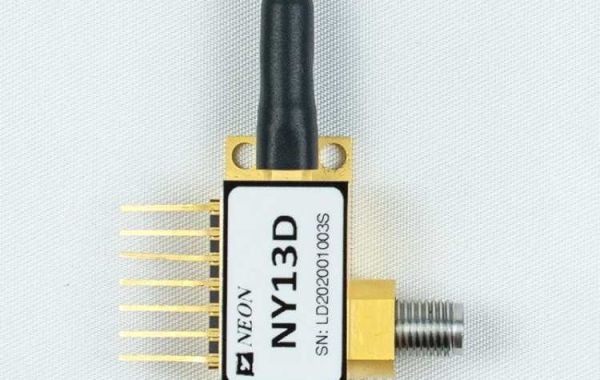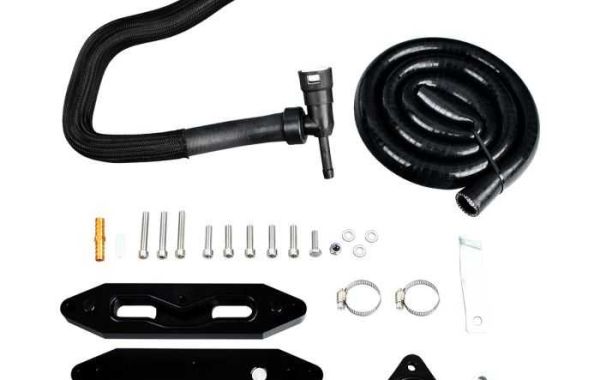The meaning of FP Laser
A Fabry-Perot laser (FP laser) is a semiconductor light-emitting device that uses an FP cavity as a resonant cavity to create multi-longitudinal mode coherent light. The major applications of FP lasers are low-rate and short-distance transmission. For instance, the speed is typically 1.25G and the transmission distance is typically 20 km. Two wavelengths, 1310nm and 1550nm, make up the FP.
The meaning of DFB Laser
The DFB laser uses a grating optical filter device based on the FP laser so that the device has only one longitudinal mode output. Large output optical power, a short divergence angle, an incredibly narrow spectrum, and a rapid modulation rate are features of this kind of device that make it ideal for high-speed medium- and long-distance communication.
The two wavelengths of 1310 nm and 1550 nm, which are split into cooling and non-cooling, are typically used in DFB (Distributed Feedback Laser), and the transmission distance is typically greater than 40 kilometers.
The distinction between DFB and DP lasers
The main difference between FP and DFB lasers is that the spectral width is different. The spectral width of the FP laser is relatively wide, and it is a multi-longitudinal mode laser. The spectral width of DFB lasers is generally narrow, which is a single longitudinal mode of distributed negative feedback. Their working wavelength, threshold current, and forward voltage are also different.








